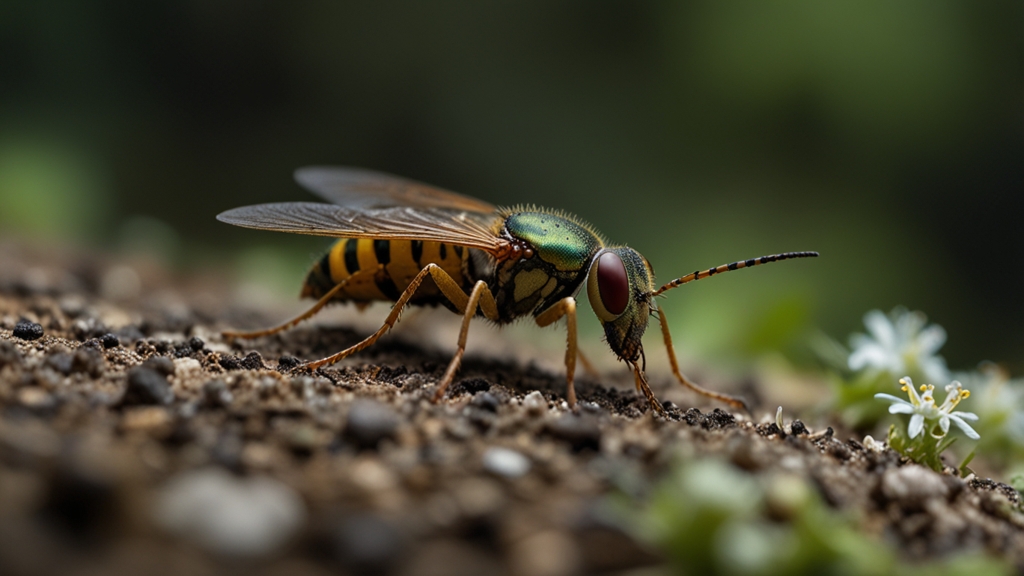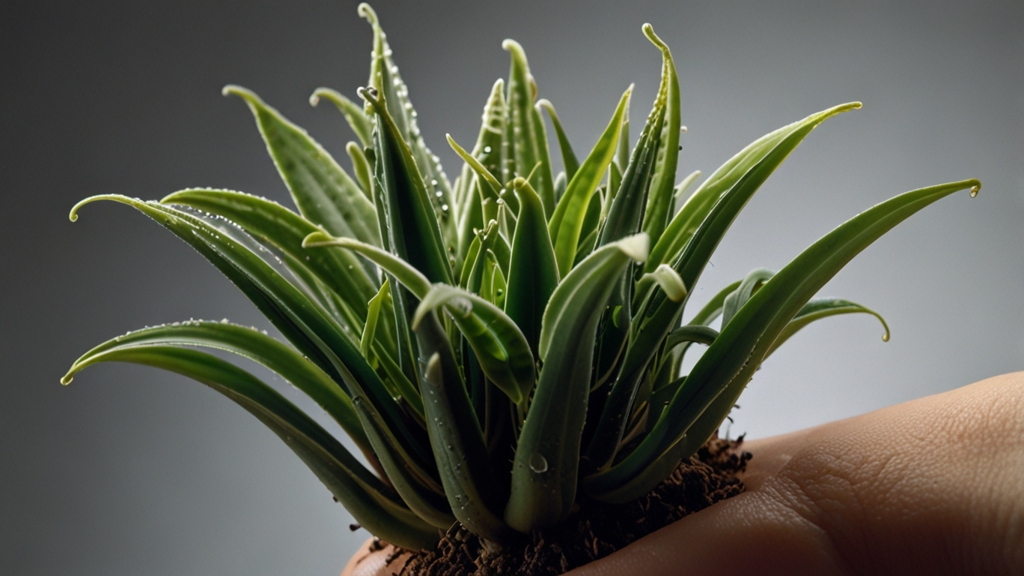Unseen Heroes: The Astonishing Benefits of Insects in Our Ecosystem
In the grand tapestry of our ecosystem, insects are often overlooked or even vilified. Yet, these small and seemingly inconsequential creatures play pivotal roles in maintaining the balance and health of our environment. From pollinating plants to breaking down waste, insects are the unseen heroes that contribute enormously to the vitality of our planet.
Pollination: The Lifeblood of Agriculture
One of the most well-known and crucial roles that insects play is pollination. Bees, butterflies, moths, and even some beetles are among the primary pollinators, ensuring the reproduction of numerous plant species. Without these diligent workers, many of the fruits, vegetables, and nuts that we consume daily would cease to exist.
"Insects are responsible for pollinating approximately 75% of the crops grown for human consumption," notes Dr. Jane Smith, an entomologist. "Their role in agriculture is indispensable."
The economic value of insect pollinators is estimated to be in the billions of dollars annually. Beyond the monetary value, the biodiversity supported by these pollinators is crucial for the resilience and health of ecosystems worldwide.
Natural Pest Control: The Silent Warriors
Insects also play a vital role in controlling pest populations. Predatory insects such as ladybugs, parasitic wasps, and dragonflies help keep the populations of harmful pests in check, reducing the need for chemical pesticides. This natural pest control is not only cost-effective for farmers but also environmentally friendly.
"Without predatory insects, crop losses would be significantly higher, and the reliance on chemical pesticides would increase," emphasizes agricultural scientist Dr. Robert Jenkins. "These natural predators are essential for sustainable farming practices."
By maintaining a balance between pest and predator insect populations, these tiny warriors help preserve the health of crops, gardens, and natural habitats.
Decomposers: The Recyclers of Nature
Insects such as beetles, ants, and termites are key players in the decomposition process. These organisms break down organic matter, returning essential nutrients to the soil and supporting plant growth. Without their efforts, ecosystems would be overwhelmed with waste, and soil fertility would decline.
The importance of decomposing insects extends beyond just breaking down dead plant and animal matter. They also help aerate the soil, enhance its structure, and promote microbial activity, all of which are beneficial for plant health.
Sources of Food: Sustaining the Food Web
Insects serve as a critical food source for many animals, including birds, amphibians, and mammals. The rich protein content in insects makes them an essential part of the diet for numerous species. Their role in the food web helps support diverse wildlife populations and maintain ecological balance.
"Insects are fundamental to the diet of many animals," says ecologist Dr. Eleanor Reed. "Their abundance and nutritional value make them a cornerstone of food webs around the world."
As we grapple with global challenges such as biodiversity loss and climate change, recognizing the importance of insects in the food web is more crucial than ever. Their contributions help sustain the intricate relationships that define healthy ecosystems.
Conclusion: Embracing the Unseen Heroes
The benefits that insects bring to our ecosystem are vast and varied. From pollination and natural pest control to decomposition and sustaining food webs, these tiny creatures are indispensable. Sadly, many insect populations are now threatened by habitat loss, pollution, and climate change.
It is imperative that we acknowledge the unseen heroes of our ecosystem and take steps to protect and preserve their habitats. By fostering a more insect-friendly world, we can ensure that these astonishing benefits continue to support the health and prosperity of our planet.








